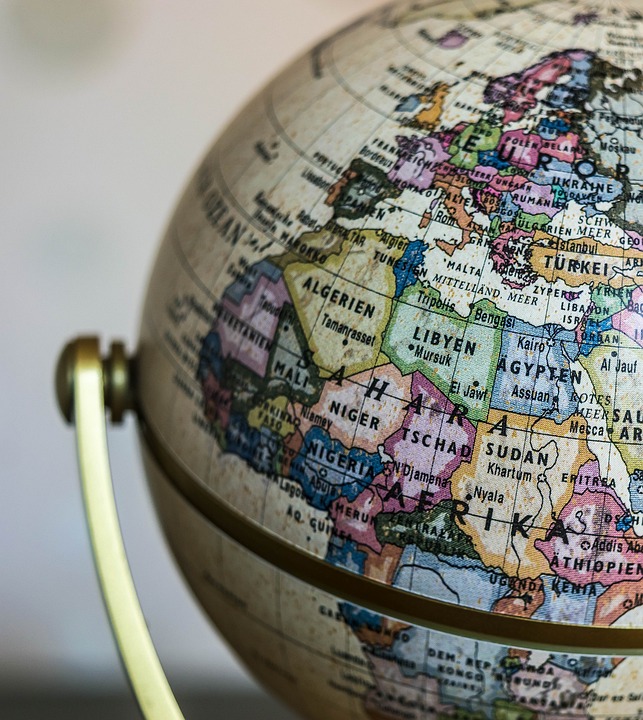1. Greenhouse Gas Emissions
One of the main reasons for global warming is the increase in greenhouse gas emissions. These gases, such as carbon dioxide and methane, trap heat in the Earth’s atmosphere, leading to a rise in global temperatures. Human activities, such as burning fossil fuels for energy and deforestation, are major contributors to these emissions.
2. Deforestation
Deforestation also plays a significant role in global warming. Trees absorb carbon dioxide from the atmosphere, so when they are cut down or burned, this carbon is released back into the air. This contributes to the greenhouse effect and accelerates global warming.
3. Industrialization
The rapid industrialization of countries around the world has led to an increase in the burning of fossil fuels for energy. This has released large amounts of greenhouse gases into the atmosphere, further exacerbating global warming. The reliance on coal, oil, and gas for energy production is a major driver of climate change.
4. Agriculture
Agriculture is another factor contributing to global warming. The use of fertilizers and livestock farming release methane, a potent greenhouse gas, into the atmosphere. Additionally, deforestation for agricultural purposes further exacerbates the problem by reducing the number of trees that can absorb carbon dioxide.
5. Melting Ice Caps
The melting of ice caps and glaciers due to rising global temperatures also contributes to global warming. Ice reflects sunlight, helping to cool the Earth’s surface. As ice melts, more heat is absorbed by the Earth, leading to further warming. This creates a feedback loop that accelerates climate change.
Conclusion
In conclusion, global warming is occurring due to a combination of factors, including greenhouse gas emissions, deforestation, industrialization, agriculture, and melting ice caps. Addressing these issues requires global cooperation and action to reduce emissions, protect forests, transition to renewable energy sources, and mitigate the impacts of climate change. By taking steps to combat global warming, we can help protect the planet for future generations.

Kyle Whyte is a notable scholar and professor at the University of Michigan, holding positions such as the George Willis Pack Professor in the School for Environment and Sustainability and Professor of Philosophy. Specializing in environmental justice, his work critically examines climate policy and Indigenous peoples’ ethics, emphasizing the nexus between cooperative scientific endeavors and Indigenous justice. As an enrolled Citizen Potawatomi Nation member, he brings a vital perspective to his roles as a U.S. Science Envoy and member of the White House Environmental Justice Advisory Council. His influential research is supported by various prestigious organizations including the National Science Foundation, and disseminated through publications in high-impact journals. Kyle actively contributes to global Indigenous research methodologies and education, with affiliations to numerous institutes and societies dedicated to traditional knowledge and sustainability. Recognized for his academic and community engagement, Kyle has earned multiple awards and served in various visiting professorships. His efforts extend to leadership positions on boards and committees focused on environmental justice nationwide.
